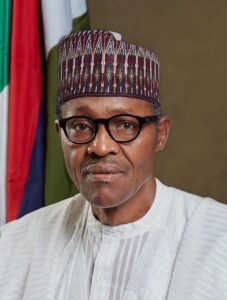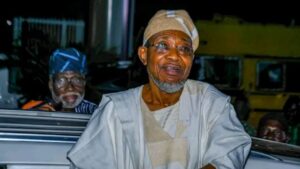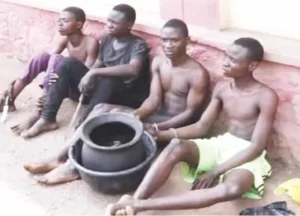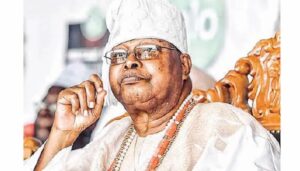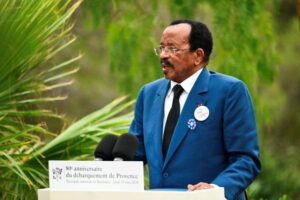
The ECOWAS Court of Justice has ordered the Federal Government of Nigeria to pay ₦10 million in compensation to Glory Okolie, a student who was unlawfully detained and maltreated by the police.
The court delivered its judgment on Thursday, November 21, 2024, and further directed the government to implement measures to prevent future human rights violations.
Glory Okolie was arrested on June 13, 2021, and detained without judicial authorization.
During her detention, she was reportedly denied legal representation, subjected to forced labour, and physically abused. These allegations were presented in a case filed by Okolie alongside the One Love Foundation and the Incorporated Trustees of Behind Bars Human Rights Foundation.
The applicants argued that her treatment violated provisions of the African Charter on Human and Peoples’ Rights as well as the Revised ECOWAS Treaty.
In its defence, the Federal Government alleged that Okolie was affiliated with the Indigenous People of Biafra (IPOB), a group proscribed in Nigeria for alleged terrorist activities, and that her detention was necessary to safeguard national security.
The court, however, rejected this argument. Justice Ricardo Gonçalves, delivering the judgment, stated that Okolie’s prolonged detention without judicial oversight violated her fundamental rights to liberty and a fair trial, as guaranteed under Articles 6 and 7 of the African Charter on Human and Peoples’ Rights.
The court condemned her treatment as a gross abuse of human rights.
In addition to awarding ₦10 million in damages to Okolie, the court ordered the cessation of all forms of harassment against her. It emphasized the need for safeguards to prevent similar human rights violations in the future.
While the court ruled in favor of Okolie, it dismissed the claims brought by the two co-applicant NGOs, citing procedural irregularities.
The case was presided over by a three-member panel comprising Honourable Justice Ricardo Cláudio Monteiro Gonçalves, Honourable Justice Sengu Mohamed Koroma, and Honourable Justice Edward Amoako Asante.
This landmark ruling by ECOWAS underscores the importance of accountability and the protection of fundamental human rights within the region.


